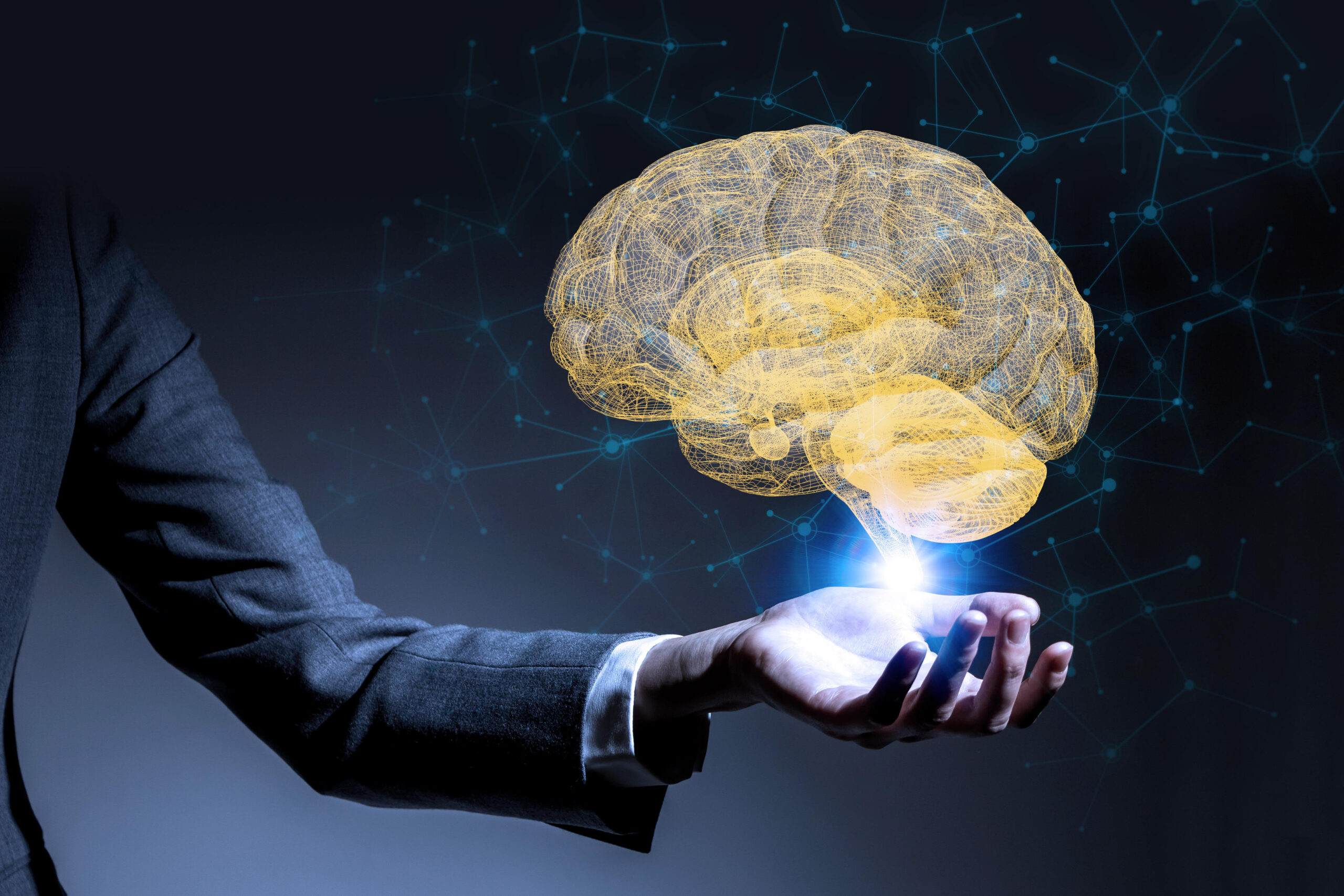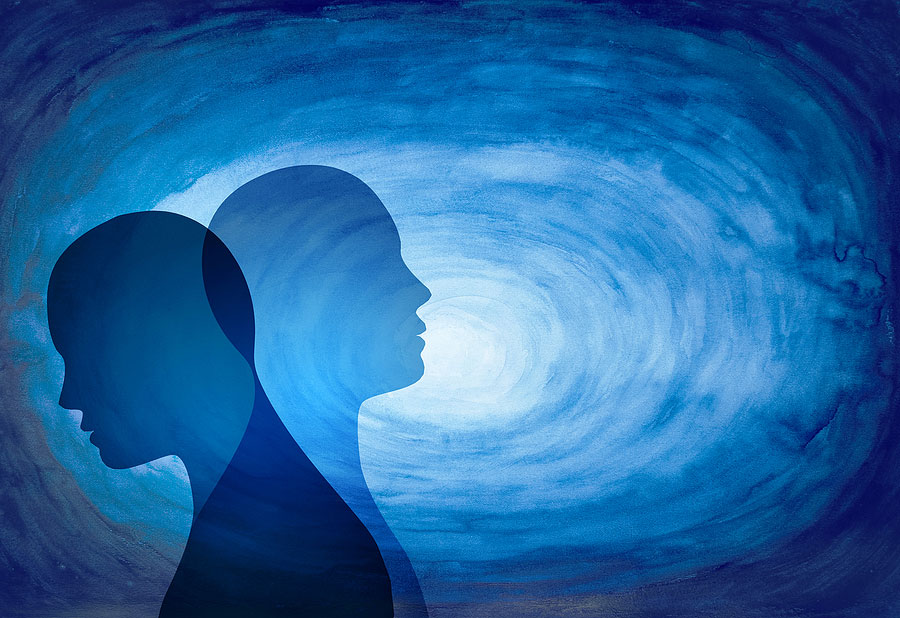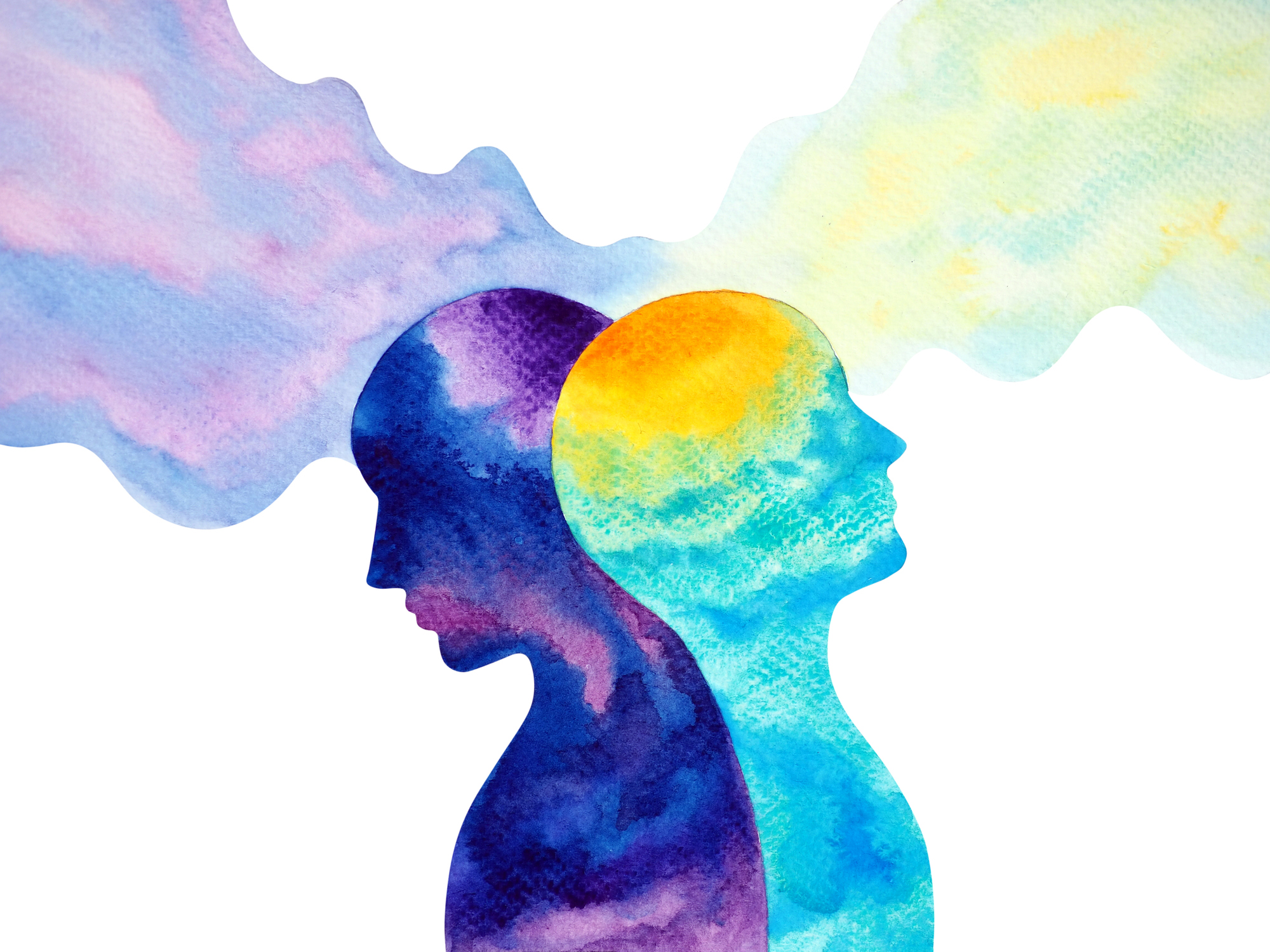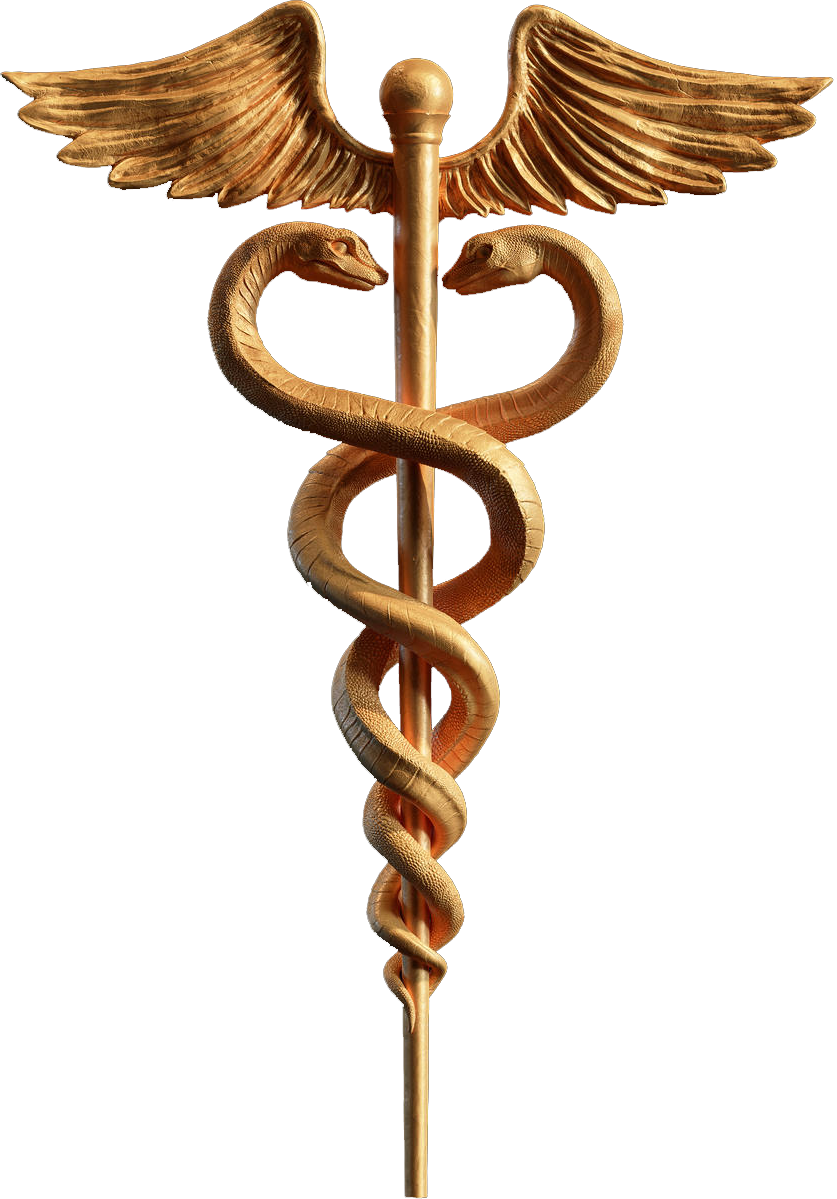Shared genes and neural networks that lead to overlapping psychiatric disorders with common symptoms also help explain why a psychotropic medication can be effective and prescribed for multiple different mental conditions. For example, SSRIs such as Prozac were originally developed to treat depression, but were later found to be useful in the treatment of anxiety disorders, PTSD, and OCD.
Understanding Complex Psychiatric Disorders requires a nuanced, meticulous approach, and an unrushed comprehensive evaluation to accurately identify and understand the psychiatric problems of each patient. Treatment is based on proper diagnosis, and must address the full spectrum of a patient’s symptoms. This holistic approach ensures a more accurate appreciation of the patient’s condition, leading to better long-term outcomes. This requires a medically sound, evidence-based scientific approach.
Dual Diagnosis: Mental Health, Alcohol and Substance Use
One of the most prevalent forms of complex psychiatric problems is dual diagnosis, where an individual has both a psychiatric disorder and a co-occurring alcohol or substance use disorder. Many people with mental health conditions turn to alcohol or drugs in an attempt to self-medicate their psychiatric symptoms, hoping to alleviate anxiety, depression, anger, or stress. Unfortunately, this approach not only fails to resolve their psychiatric issues it often exacerbates them.
Common psychiatric conditions associated with dual diagnosis include:
- Anxiety disorders (Generalized Anxiety Disorder, Panic Disorder;
- Depressive disorders (Major Depressive Disorder, Persistent Depressive Disorder);
- Bipolar Disorder;
- Attention Deficit Hyperactivity Disorder (ADHD);
- Post-Traumatic Stress Disorder (PTSD).
Self-medicating with alcohol or substances may provide temporary relief of psychiatric symptoms, but does nothing to address the underlying mental health disorder, and ultimately worsens matters. Alcohol or substance use can trigger mood swings, increase anxiety, and lead to severe depression, and continued use leads to a destructive cycle of dependence and addiction.
To effectively treat dual diagnosis, both the psychiatric condition and the alcohol or substance use disorder must be addressed simultaneously. This methodology is named the Integrated Dual Disorder Treatment (IDDT) model and is an evidence-based approach that incorporates psychiatric and addiction treatment into a single, cohesive plan. IDDT has been shown to significantly improve quality of life, and reduce the risk of relapse.
Co-Existing Psychiatric Disorders: The Challenge of Multiple Diagnoses
Another major category of Complex Mental Disorders is co-existing psychiatric disorders. It is common for individuals diagnosed with one psychiatric condition to later be diagnosed with additional disorders:
- Over half of people diagnosed with a psychiatric disorder will receive a second or third diagnosis in their lifetime;
- Almost one-third of individuals with a psychiatric disorder will meet the criteria for four or more diagnoses;
- At any given time, about 50% of individuals with a psychiatric condition will meet clinical criteria for two or more diagnoses simultaneously.
This high prevalence of co-occurrence makes diagnosis and treatment especially complex. Common co-existing psychiatric conditions include:
- Anxiety disorders and depression – Individuals with anxiety often experience depressive symptoms, and vice versa. These conditions frequently co-occur, requiring a treatment plan that targets both;
- Bipolar disorder and PTSD – Trauma-related disorders can significantly impact mood regulation, making bipolar disorder symptoms more severe and unpredictable;
- ADHD and mood disorders – Many individuals with ADHD also experience mood instability, often leading to a misdiagnosis of bipolar disorder;
- Obsessive-Compulsive Disorder (OCD) and depression – The intrusive thoughts characteristic of OCD frequently contribute to depressive symptoms.
Managing complex psychiatric disorders with multiple diagnoses is particularly challenging because different conditions often require different medications and treatment approaches. Additionally, the risk of medication side effects increases when multiple psychotropic drugs are prescribed simultaneously.
Mixed Psychiatric Disorders
Mixed Psychiatric Disorders refers to a form of Complex Psychiatric Disorder that is defined as having a psychiatric disorder that is linked to a medical disorder. Many if not most medical conditions can present with some psychiatric symptoms ranging from insomnia and low energy to delusions and hallucinations. Medications, infections, stroke, metabolic or endocrine conditions, autoimmune and cardiopulmonary disease are examples of common underlying causes for psychiatric symptomatology.
Searching for medical causes of psychiatric issues is essential in mental health evaluations and assessments. Diagnosing and treating any medical condition that is the root cause of a patient’s mental health problems and symptoms is the correct way to approach and manage psychiatric illness.
Challenges in Diagnosing and Treating Complex Psychiatric Disorders
Accurately diagnosing complex psychiatric problems requires a deep understanding of the connection between different mental health conditions. Several factors contribute to diagnostic challenges, including:
- Symptom Overlap – Many psychiatric disorders share common symptoms;
- Changing Presentations over Time – Some conditions evolve, making initial diagnoses incomplete. A young adult diagnosed with major depressive disorder may later develop symptoms of bipolar disorder;
- Medication Interactions – When treating multiple complex mental disorders, prescribing the right combination of medications is critical. Drug interactions can lead to side effects, making treatment adjustments necessary;
- Impact of External Stressors – Trauma, life events, and chronic stress can trigger or worsen psychiatric symptoms, complicating diagnosis and treatment.
To achieve the best outcomes, treatment for complex psychiatric disorders must be highly individualized. An effective treatment plan typically includes:
- Comprehensive psychiatric evaluations to assess all underlying conditions;
- Integrated therapy and medication management to ensure symptoms are treated holistically;
- Lifestyle interventions, including stress management techniques, nutrition, exercise, and sleep optimization.
The Importance of a Specialist in Complex Psychiatric Disorders
Not all psychiatrists are equipped to handle the intricacies of Complex Psychiatric Disorders. A skilled specialist with experience in treating complicated mental health issues is essential to correctly diagnose and treat these difficult cases.
Dr. Michael J. Kittay is a Harvard-trained concierge psychiatrist who specializes in diagnosing and treating complex psychiatric disorders. His expertise in dual diagnosis, co-existing psychiatric conditions and mixed psychiatric disorders ensures that patients receive comprehensive, individualized care tailored for their unique needs.
Through extended, in-depth psychiatric evaluations, Dr. Kittay takes the time to fully understand each patient’s condition, ensuring that no underlying disorder goes unrecognized. His approach integrates the latest advances in psychiatric medicine with a compassionate, patient-centered philosophy .For patients struggling with multiple diagnoses, having a psychiatrist who prioritizes precision, expertise, and accessibility can make a profound difference in their mental health journey.
A Holistic Approach to Complex Psychiatric Disorders
With a commitment to individualized care, cutting-edge treatment approaches, and a highly personalized concierge psychiatry model, Dr. Kittay provides expert treatment of complex psychiatric problems. His patients receive not only expert psychiatric treatment but also the support, understanding, and accessibility needed to navigate the challenges of complex mental health conditions.
If you or a loved one is struggling with mental health issues, overwhelming emotional symptoms or difficult and complicated psychiatric problems, Dr. Kittay can help.







